Generative AI Will Destroy Most Photography
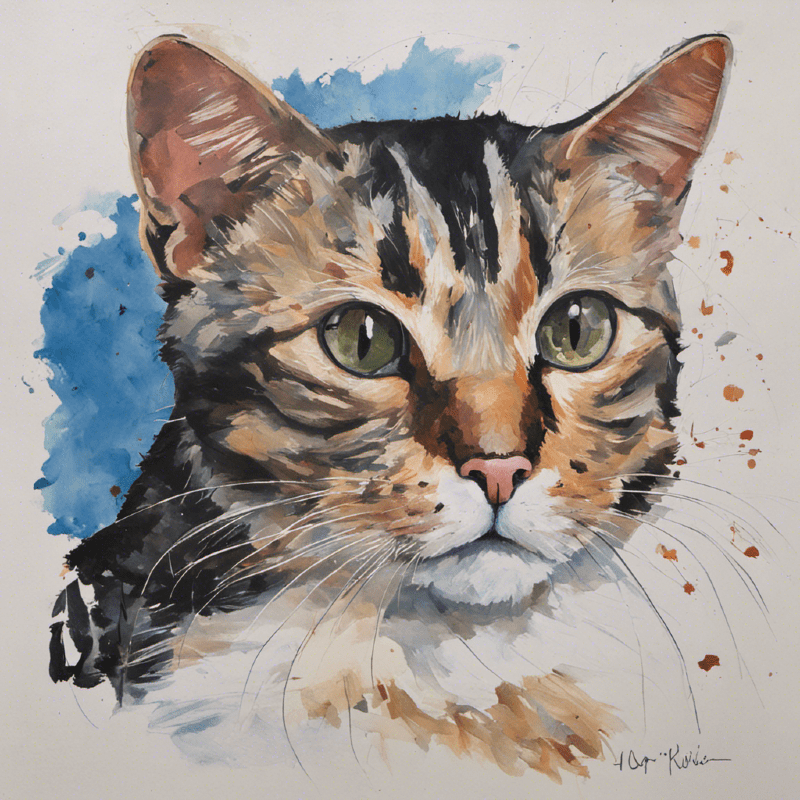
I discovered film photography in 1999 when an old college friend appeared on my doorstep in Albuquerque. I was in a bit of a lull with my life, feeling uninspired and overworked, and he showed up with all this energy and zeal to live. He asked if I could take him on a scenic tour of the surrounding mountains, mesas, and valleys.
We climbed into my truck and headed off down dusty trails that only a 4x4 truck or jeep could traverse. "Pull over!" He'd yell and I'd jam on the brakes. My truck door would open and he'd jump out, run up some side slope or squeeze his way into a canyon, and snap the shutter on his camera. His energy and purpose to find beauty in plain sight inspired me. A month later I bought my first film camera, a Canon Elan 2e.
That fateful encounter led me to many years of joy being an amateur photographer. I shot transparency film till about 2002 when I met my partner, she had a small digital camera and I loved how easy it was. I didn't have to drop the film off to be developed, I could shoot and see it right away. It felt too easy and I struggled with buying a fancy digital camera, a digital SLR (dSLR) because it cost so damn much and felt so wasteful.
Why wasteful? Because every year an updated version of the dSLR came out and all my photography friends would rush to buy it. Their year "old" camera became a paperweight and I felt like they were throwing good money away because there were all these great film cameras around that no one wanted.
Did I completely abstain from digital cameras back then? Not at all! By this time I was married with small kids. The ease of snapping family photos and sharing them with family members easily overcame my desire to shoot film, so I gave in. I bought a Canon 50D back in 2009 and put my film cameras to rest.
In 2021, during the COVID-19 epidemic, I met up with two friends at a large photo studio to learn studio flash photography. I wanted to be all badass and shoot it digitally and analog, so I bought my Canon 50D and my medium format film camera.
As we worked with different light setups I began to notice that the focusing system on my Canon 5oD was struggling. I decided to switch over to my manual focusing medium format camera and noticed that I couldn't get the image sharp. My eyes were failing.
In other words, old age and old technology caught up to me. I had to improvise and adjust the lights in such a way as to make a great photo and to let my 50D focus as best as it could. In the end, I took a lot of great photos but I realized that I needed to upgrade to a new digital camera with better focusing technology.
By this time, the race for high mega-pixel and wide dynamic range camera technology was peaking, and decided to upgrade. I donated my 5oD to a friend and bought myself a Canon R6, a full-frame mirrorless camera.
I've been shooting with the R6 ever since and love it. Maybe in another 5 to 10 years, I'll upgrade from that but as an "all manual" shooter, this camera does everything I need and it's really light to carry around. It's a perfect camera to let me create photos and be an artist.
I was happy until Generative AI upended everything.

I was trawling Facebook one morning when I noticed an interesting picture posted to my friend's account. He was a Python programmer and an amateur photographer like me. The picture was obviously computer generated but it looked so life-like. I reached out to him and asked him how he was generating this.
He answered, "Stable Diffusion." And just like that, Generative AI had upended my life as an amateur photographer. I suddenly became aware of how this was spreading like wildfire when I saw my circle of photography friends talking about it. Was it going to kill photography? Was it better? What's going to happen to all the stock agencies?
Gen AI was a killer comet that just slammed into the creative world and there was no going back.
Generative AI will destroy stock agencies, it will put commercial and conceptual photographers out of business and will disrupt the entire media ecosystem. It's so damn easy to write a well-defined prompt into a text-to-image Gen AI API and generate wonderful images.
For example, I entered:
"A side view of a sailboat with the sails unfurled, sailing in blue waters along the Greek coasts. Buddha is manning the boat and is the captain."
and got the image below:

Is it perfect? No, but it's good enough. If I spend money to buy credits I could generate better-tuned images by just passing a prompt.
Creative directors and designers just need to think about what they want to see and the Gen AI system will create it. The need to hire photographers to create the shot you want is no longer required.
Where do we go from here? That's an interesting question and I don't have an answer but I am reminded of a scene in Good Will Hunting. Robin Williams is sitting on a park bench after the big fallout he had with Matt Damon the day before in his office.
Robin Williams lambasts Matt Damon by saying "... but I bet you can’t tell what it smells like inside the Sistine Chapel. You never actually stood there and looked up at that beautiful ceiling."
It's a poignant look at people experiencing reality over reading about it. Is it better to experience the "real thing" or should we live in a world where code is creating a new reality? Are we replacing our reality and experiences with code, GPUs, and API tokens?
If I entered "Generate a view of the Sistine Chapel" into Gen AI I get this image:

I can look at the real photographs and compare it to this AI generated image but I can't wait to actually stand there. I can't wait to fight the lines and masses of people and stand there and look up and be awed.
Perhaps that's the bigger question, is Gen AI just a symptom of a world where we want to escape reality? Technology, in many ways, has liberated us from many metaphorical shackles but are we trading the old chains for new ones written in CUDA and Python?
I don't know these answers to these questions but I do know two things. One, Generative AI will disrupt many more industries before its run its course and two, I need to dust off my Canon R6 and take it with me to Italy.
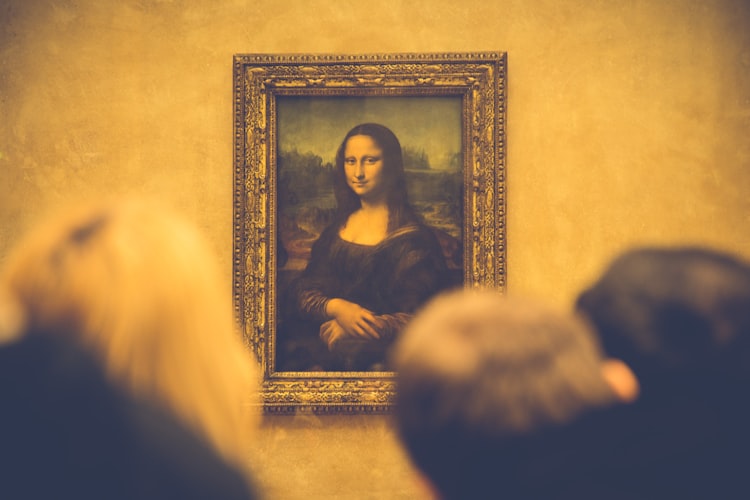
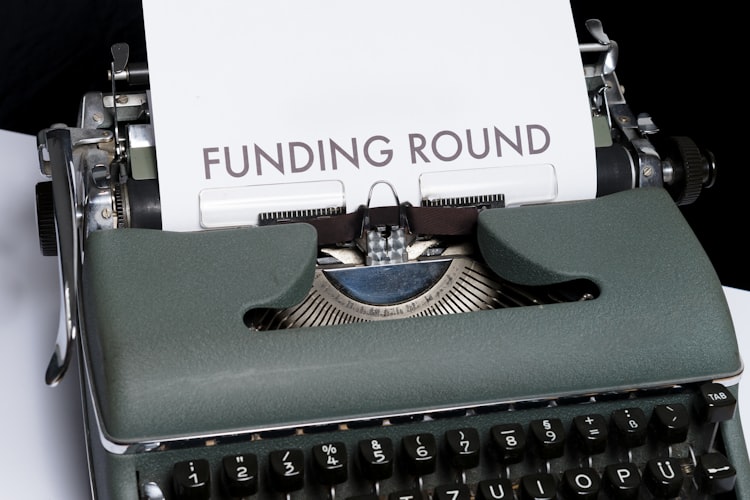
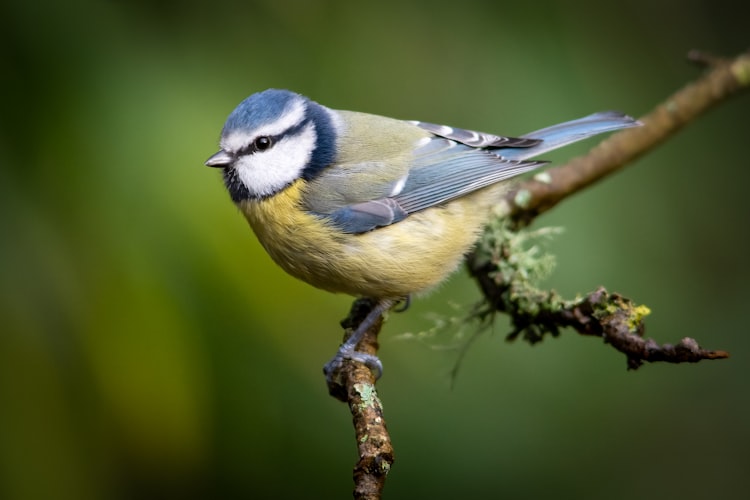
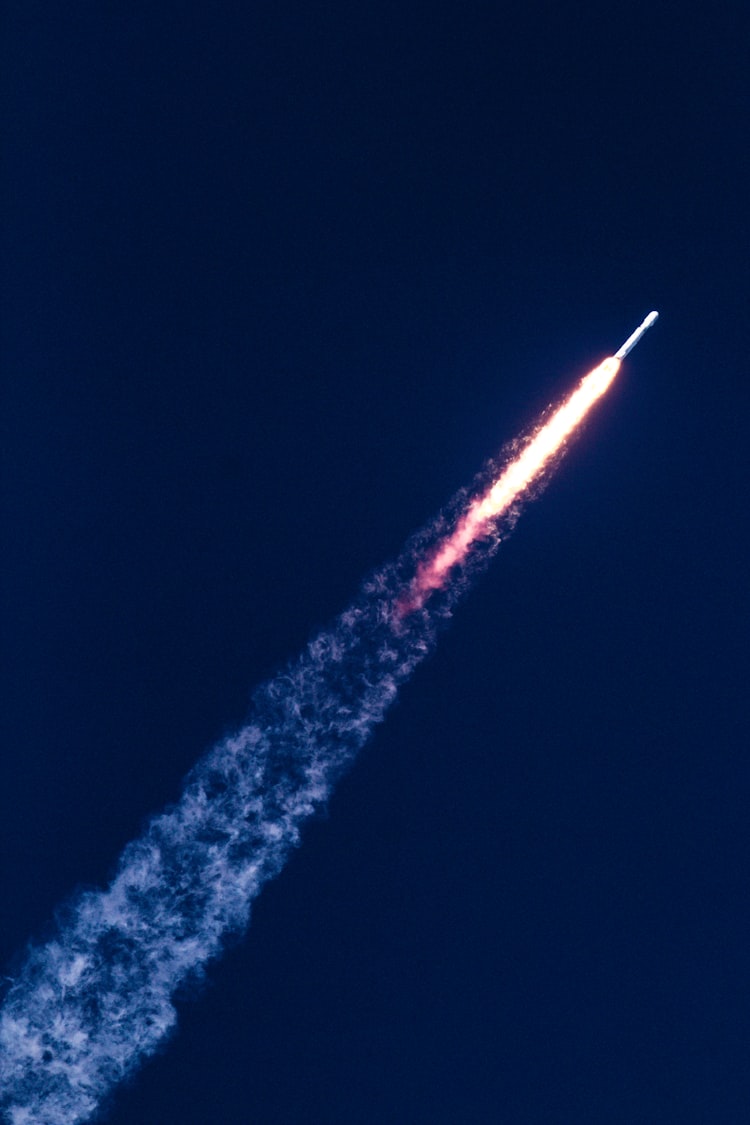
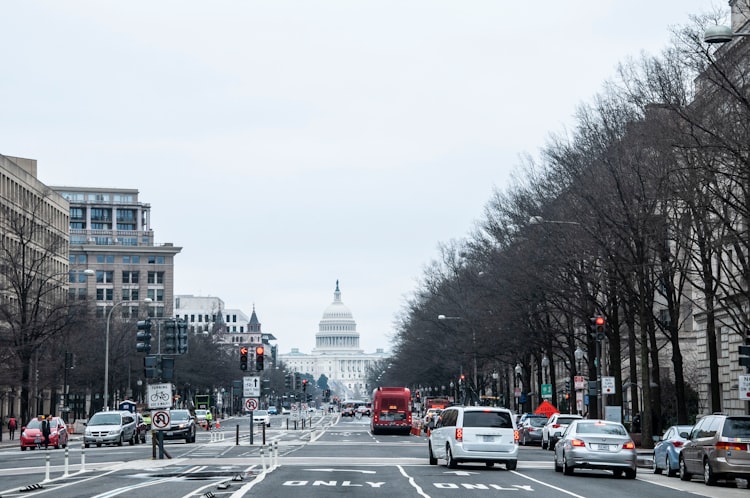
Member discussion